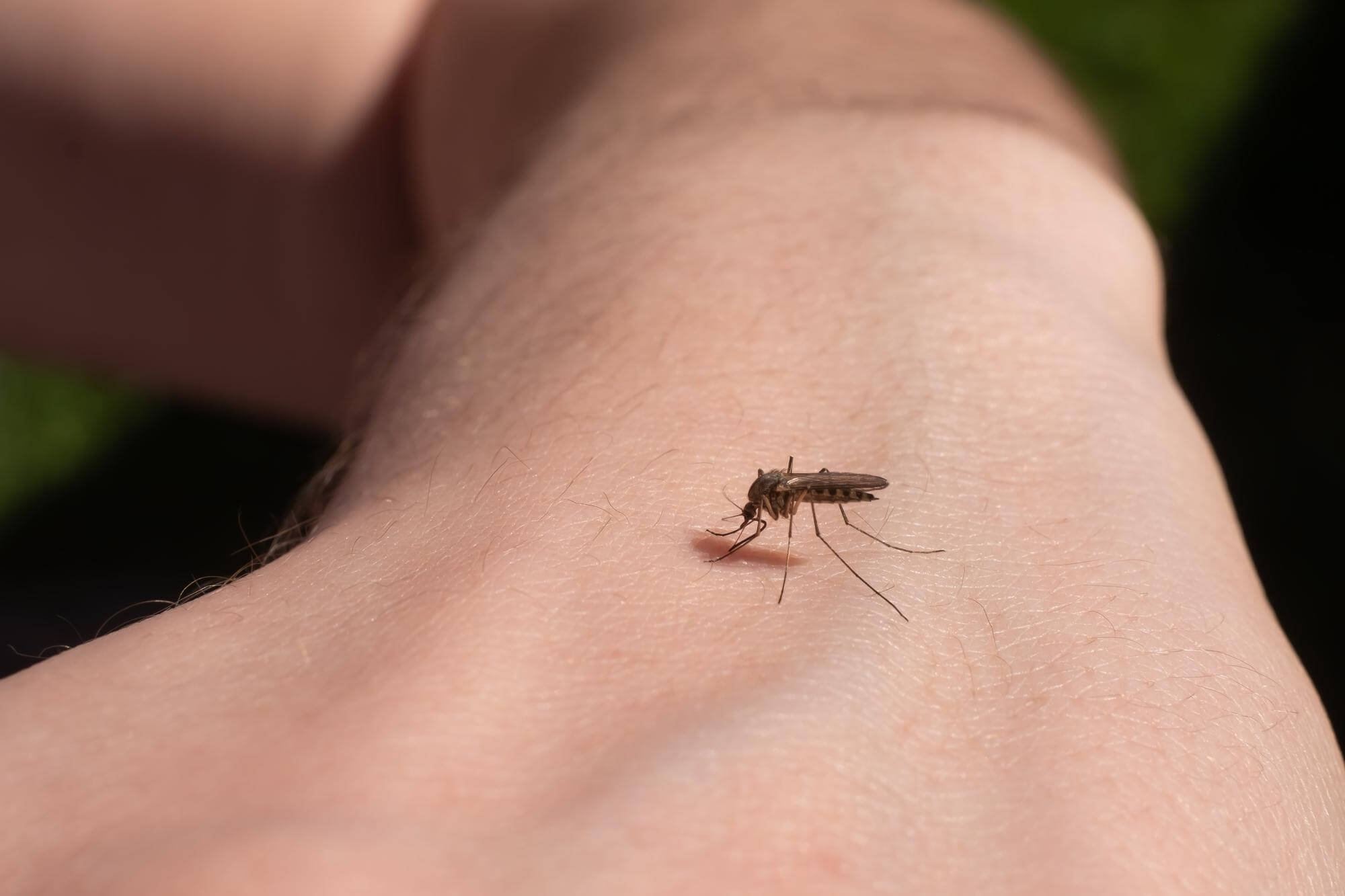Allergies on the stomach: how to recognize and treat?


Eva Zakharova
Allergies on the abdomen are common, causing many questions and making life difficult for many people. To understand the nature of this disease and learn how to deal with it, it is important to understand the causes, symptoms and treatment of an allergic rash on the stomach.
What are allergies on the stomach?
Allergies on the abdomen is a reaction of the immune system to exposure to certain substances (allergens), which cause various allergic rashes and spots on the skin. These manifestations can occur as a result of contact with the allergen, as well as due to food, medicine or other types of allergies.
Prevalence of allergies on the stomach
Statistics show that one in three people will have a stomach allergy at least once in their lifetime. Moreover, women suffer from this disease more often than men.
Symptoms of allergies on the abdomen

Skin manifestations
- One of the first signs of allergy on the abdomen is redness of the skin, accompanied by unpleasant itching. It is important not to scratch the itchy areas, as this could lead to infection and worsen the situation.
- Allergic spots, rashes, and blisters resembling a rash may appear on the skin. They are usually bright red in color and cause great discomfort.
- In some cases, allergies on the abdomen may manifest as swelling and redness of the skin, which is also accompanied by itching.
General symptoms
- The allergic reaction may cause general fatigue and weakness due to the activation of the immune system and the body's resources being used to fight the allergens.
- In some cases, allergies on the abdomen may be accompanied by headache and dizziness, which is also related to the immune system's response to the allergen.
- Sometimes allergies on the stomach can lead to difficulty breathing, especially if the body overreacts to the allergen.
Causes of allergies on the stomach

- Contact dermatitis, one of the causes of allergies on the stomach, occurs when the skin comes into direct contact with an allergen. Such an allergen can be cosmetics, household chemicals, clothing or accessories.
- Food allergies can cause an allergic rash on the stomach if the body reacts to certain foods. Such foods can be a variety: dairy products, eggs, nuts, etc.
- Allergies on the stomach can result from taking certain medications to which the immune system reacts negatively. It is important to tell your doctor about all the medications you take to avoid such complications.
- Bites from insects such as mosquitoes, flies or bees can cause allergic rashes on the stomach if the immune system reacts to their venom or saliva.
Diagnosis of allergies on the stomach
- The first step in diagnosing abdominal allergies is to take a history and physical examination of the patient. The doctor will ask questions about the symptoms, the duration of their occurrence, and possible contact with allergens.
- Allergy tests may be performed to identify a specific allergen. There are several types of such tests, such as skin tests or blood tests.
- In some cases, additional laboratory tests, such as general blood tests or biochemical tests, may be ordered to determine if there are any inflammatory processes in the body.
Treatment of allergies on the stomach
The basic principle of allergy treatment on the abdomen is to avoid contact with the allergen. It is important to find out what exactly is causing the allergic reaction and if possible eliminate it from everyday life.
Medication

Antihistamines such as Cetirizine, Loratadine or Fexofenadine are often prescribed to relieve the symptoms of allergies on the stomach. They block the action of histamine and reduce inflammation, itching, and swelling.
Hormonal ointments or creams containing corticosteroids, such as Hydrocortisone or Fluorocort, may be prescribed for severe abdominal allergy symptoms. They help reduce inflammation, itching, and swelling.
Topical itching relievers, such as creams and gels with menthol or calamine, can be used to reduce discomfort and prevent skin scratching.
Comprehensive therapy
In some cases, allergies on the abdomen require a comprehensive approach to treatment, including the use of immunomodulators or desensitization. It is important to follow the doctor's recommendations and take all prescribed medications.
Tummy allergy prevention
Several recommendations should be followed to prevent allergies on the abdomen:
- Avoid contact with allergens if their source is known.
- Maintain a healthy lifestyle and strengthen your immune system.
- Ventilate and clean rooms regularly to reduce dust and allergens.
- Watch your eating habits and eliminate potentially allergenic foods from your diet if you suspect food allergies.
- Be hygienic and watch the composition of cosmetics and household chemicals used in everyday life.
In conclusion, abdominal allergies are common and can greatly impair your quality of life. However, knowing the causes, symptoms and treatment of allergic rashes can effectively combat and prevent the development of this disease. Follow your doctor's recommendations and take care of your health to avoid stomach allergies and enjoy a full life.
Related Materials
New materials
Popular Articles
We recommend reading
Contact us in the Contact Us section to ask questions, offer ideas, or for more information about our allergy resource.
Our articles are your trusted source of allergy knowledge. Learn how to make life with allergic reactions easier on our specialized portal.
©
Lechenie-Allergii.com. All rights reserved.
© Lechenie-Allergii.com. All rights reserved.
The information on this site is for informational purposes only and is not a substitute for professional medical advice. We recommend consulting with qualified medical professionals for accurate information and advice.
 English
English  Українська
Українська  Русский
Русский 









